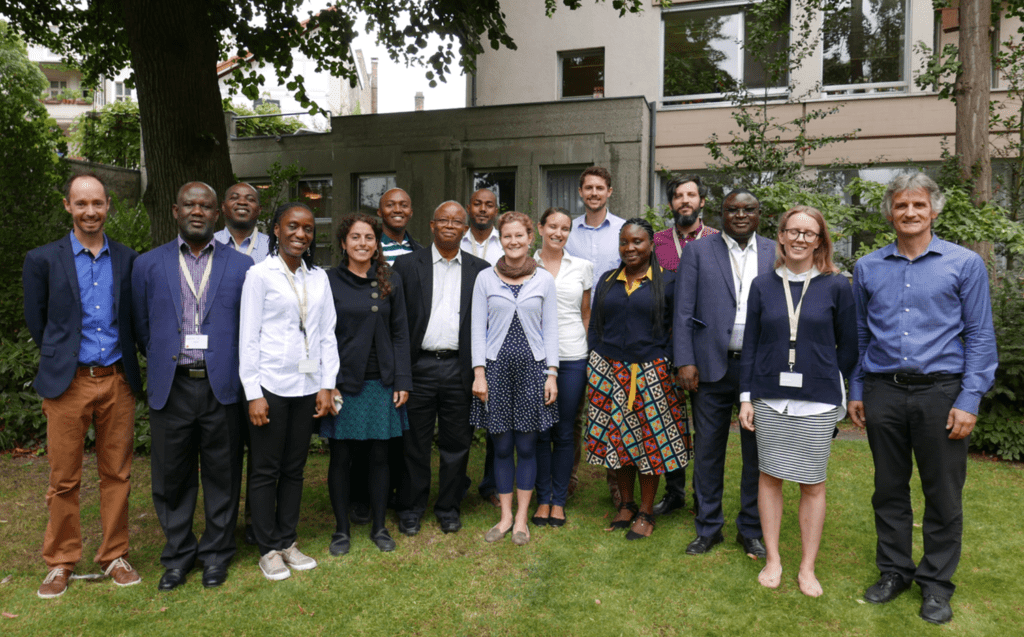The HIA4SD project (full title: ‘Health impact assessment for engaging natural resource extraction projects in sustainable development in producer regions’) is an inter- and transdisciplinary research initiative implemented in four African countries (Burkina Faso, Ghana, Mozambique and Tanzania). The overarching objective of the HIA4SD project is to conduct research – complemented by a strong capacity building component – that will inform and facilitate a policy dialogue for strengthening the application of impact assessment as a regulatory mechanism (i) to avoid negative effects of natural resource extraction projects (NREPs) on public health; and (ii) to actively engage NREPs – and any other large infrastructure developments – in the 2030 Agenda for Sustainable Development and, thus, development in Africa.
In the research phase between August 2017 and July 2020 a sound evidence base at the national and local levels on the strengths and limitations of current impact assessment practice in engaging NREPs to work towards health-related SDG targets was generated.
The HIA4SD project is guided by the following questions:
Learn more about our findings here.
The HIA4SD project is implemented under the lead of Swiss Tropical and Public Health Institute in collaboration with partner institutions in Africa and Switzerland. The consortium of the project is composed of scientists with extensive experience in public health, epidemiology, social sciences, health economics and human geography.
The project is funded (CHF 2.7 million) through the Research for Development (r4d) programme, which is a joint funding initiative by the Swiss Agency for Development and Cooperation (SDC) and the Swiss National Science Foundation (SNSF).

The HIA4SD project is international research project lead by a multinational consortium based in Burkina Faso, Ghana, Mozambique, Switzerland and Tanzania. The project aims to strengthen the application of health impact assessment as a regulatory mechanism to engage natural resource projects in working towards the 2030 Agenda for Sustainable Development. The project is funded by the r4d programme, which is a joint initiative of the Swiss National Science Foundation and the Swiss Agency for Development and Cooperation.